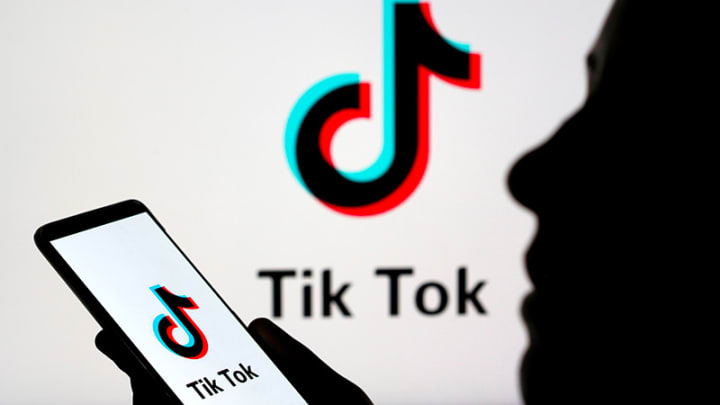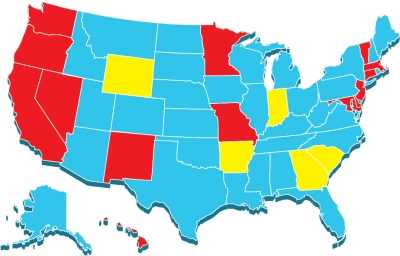Cara Renfro
cr322818@ohio.edu
From a tool created to make life easier, technology has become something much more. Technology has developed from a means of information and communication to the center of the society. As a tool that has positively affected society in countless ways, could anyone have anticipated the dangers and challenges of technology taking a life of its own?
Technology balances the line of truth and fiction imperfectly. The root of many issues technology presents is that people believe what they read. People see virtual as reality. What exactly are these issues that stem?
The overwhelming capacity of social media connects everyone from all walks of life. Which means that when one person creates a false or misleading post, it spreads far and wide. The power of this discourages free thinking. It is ironic that a system supposedly used for communication of knowledge and opinions has in many ways led to a lack of research and beneficial conversation for many.
These connected ideas are represented in an article written by Ravi Somaiya entitled "The Junk Cycle." In this article, Somaiya gives example of an edited video of Nancy Pelosi that was slowed down to resemble drunk slurring. Some social media users would believe their eyes, others would not. When publications and people of high status re-post it, however, the masses follow.
As false information spreads, it is important that those in positions of power or authority monitor what is put out there for the public. Fact-checkers are present within social media, but are these fact-checkers accurate all of the time? Not according to Candace Owens.
An article, written by Lucy Collins, explains recent events involving Candace Owens and Facebook fact-checkers. Collins wrote, " Owens recently won her appeal to Facebook's third party fact-checker PolitiFact over a video in which she claimed Joe Biden was not yet the president-elect"(2020). PolitiFact issued a correction.
Picture source: cnsnews.comCall to Action
As our world of technology can be challenging to navigate deception, it is important for people to take responsibility. Social media teams need to be sure that if they are checking the facts, that they are indeed correct.
In the instances of spreading altered content suggested as truth or censoring true information, those responsible need to realize the impact of those mistakes. Mistakes that can not afford to be made.
Technology has opened a world of wonders and benefits that have moved society forward. The public, however, needs to remember not to get lost in wonderland.













